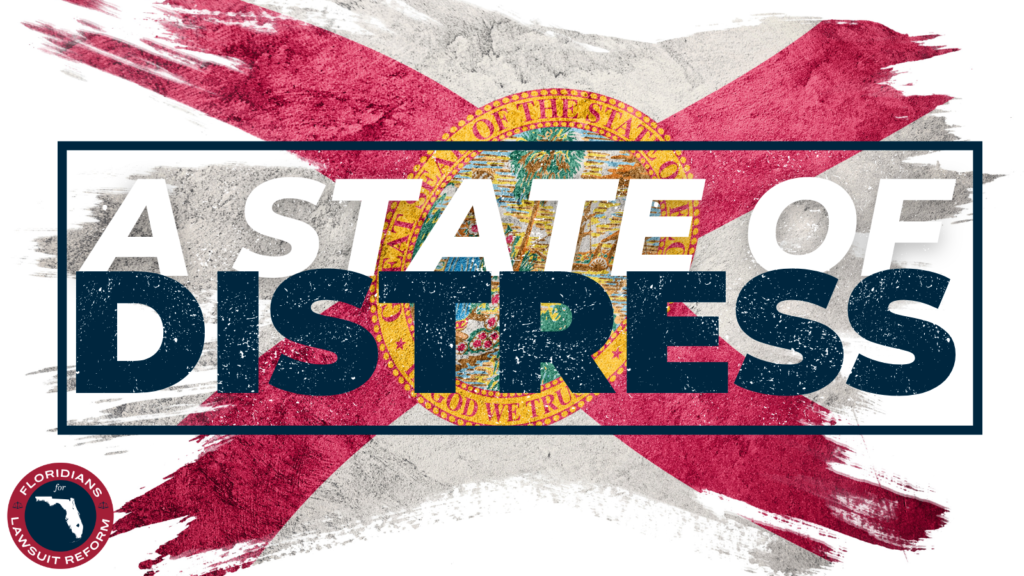
South Florida Sun-Sentinel
•
Aug 04, 2022 at 6:31 pm
In another sign of distress for Florida’s property insurance industry, Coral Gables-based Weston Property & Casualty has become the fifth insurer to be declared insolvent in 2022.
Insurance Commissioner David Altmaier on Wednesday asked the Department of Financial Services’ Division of Rehabilitation and Liquidation to initiate delinquency proceedings against the company and prepare to place in into receivership.
On July 29, the company’s president and board of directors signed an agreement admitting it was insolvent and consenting to the appointment of a receiver.
Weston, which also operates in Texas, Mississippi and Louisiana, would become the 10th property and casualty company placed into receivership in Florida since 2017 and the sixth since Jan. 1, 2021.
Roughly 22,000 policyholders statewide and about 9,400 in Broward, Palm Beach and Miami-Dade counties will have to find new coverage. A 30-day deadline will begin when the insolvency order is signed by a judge, according to Kyle Ulrich, president of the Florida Association of Insurance Agents.
Because Weston wrote primarily wind-only policies for homes and condo associations, “it’s safe to assume most of the business” will be absorbed by state-owned Citizens Property Insurance Corp., the so-called insurer of last resort, Ulrich said by email.
Dulce Suarez-Resnick, vice president of Miami-based agency Acentria Insurance in Miami, said finding wind-only coverage for condo associations and homes with replacement values too high to qualify for Citizens will be tough because very few companies offer it.
“This is not going to be pretty,” she said by email.
Michael Millette, managing partner of Hudson Structured Capital Management Ltd., which took a controlling stake in Weston in June 2020, attributed Weston’s failure to a deteriorating insurance environment not just in Florida but in the southeastern United States, which has been hit hard by severe weather events since 2017.
“Catastrophes, legal costs and inflation have generated enormous losses in the Southeast over the past five years,” Millette said by email Thursday. “Reinsurers, rating agencies and regulators are raising the bar in response. This has driven 10 insurers [in the Southeast] out of business since last summer. Many others have stopped writing new policies, have received [financial stability] ratings downgrades or have been put on ratings watches over the past 12 months.”
The dissolution follows a two-year effort by Weston to come into compliance with the Florida Office of Insurance Regulation’s financial stability requirements.
In December 2021, the company notified the office that it would not meet its minimum surplus requirements and secured approval to restructure its reinsurance program and cancel about 520 wind-only policies.
But in spring, despite a corporate restructuring and capital infusions totaling $47.9 million, the company reported a net loss of $57.7 million for 2021.
For the first quarter of 2022, the company reported a net underwriting loss of $12.2 million and a decline in surplus from $28.9 million on Dec. 31 to $19.2 million — including a $3 million capital contribution — by March 31.
“Despite the action taken by Weston to reduce its unprofitable policies in force, revise its corporate structure, modify its reinsurance program, and increase paid-in capital, surplus…continued to deteriorate,” the office’s insolvency referral states.
On June 30, Weston notified the office that it could not fully secure its reinsurance for the current hurricane season due to high cost and low availability. It proposed creating what’s called a “captive cell” — which is basically a smaller insurer controlled by a larger company that can help underwrite risk for the larger company.
But in a review of the company’s financial reports, the office discovered that Weston had already submitted financial statements that assumed use of the captive cell arrangement even though it had not been approved.
So while the company reported a surplus just above the minimum required surplus of $15 million, reversing the accounting treatment that assumed approval of the captive cell would reduce its surplus by $5 million — below the required minimum.
On a July 27 conference call with regulators to address the issue, the company notified the office that it was insolvent and had stopped writing new business on July 15 and renewal business on July 18. The company also disclosed that it owed about $50 million in premium payments to reinsurers that were not included as a liability on its financial statement for the month ending May 31.
If the premium payments were recorded, the company’s liabilities would exceed its assets, “thereby rendering Weston as insolvent,” the referral states.
If the liquidation is approved, the Florida Insurance Guaranty Association will take over payment of all of Weston’s open claims. Payment of those claims will be funded through a special assessment levied on remaining Florida insurers, and those companies will recover the money by passing the surcharges onto their customers.
FIGA is currently paying claims for six other failed insurance companies.
In his email, Hudson Structured’s Millette thanked Weston’s team for their efforts. “The team at Weston made great progress improving their business and putting reinsurance into place in this difficult environment,” he said.
